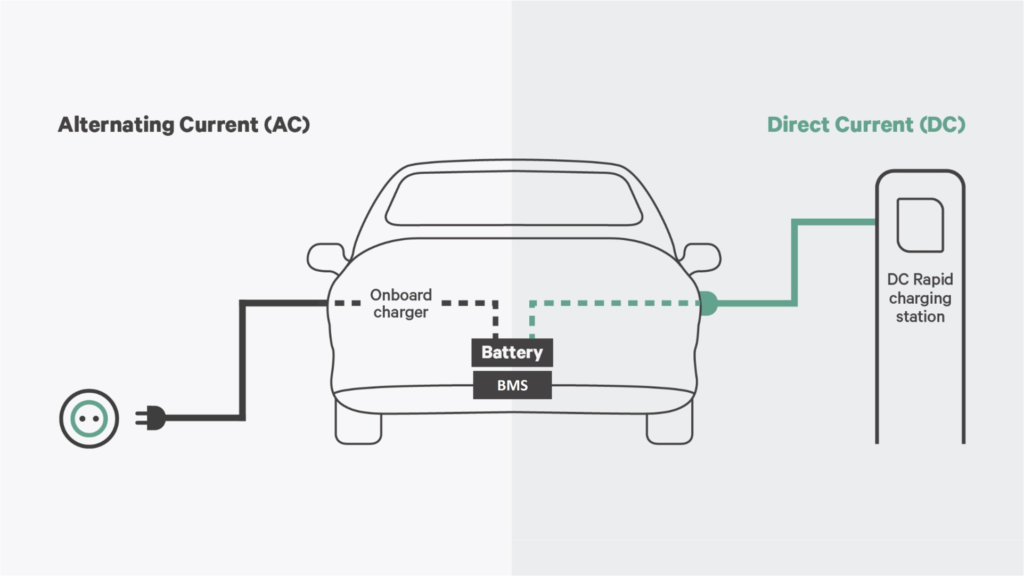The Bureau of Indian Standards (BIS) has authorized the use of nationally developed EV charging connector standards designed for two and three-wheelers and microcars in the Light Electric Vehicles (LEV) category. The revolutionary standards are developed in a joint effort with the Indian think tank body, NITI Aayog, the Department of Science and Technology, and EV makers like Ather Energy, Ola Electric, etc, with name IS17017 (Part 2/Sec 7): 2023.
This new standard for EV charging connectors is the maiden hybrid system globally to showcase AC & and DC charging options ensuring cost-effective infrastructure for EV charging. This will create an interoperable framework to avoid carrying large and heavy chargers. This compatibility can help to charge the diverse types of EV vehicles and models to support key players dealing in EV manufacturing and charging infrastructure.
This initiative has the potential to promote the adoption of e-mobility by removing OEMs’ dependency on diverse standards for charging. More than 75% of new vehicles sold in India are either two or three-wheelers. Thus, India had to develop this combined form of charging standards for this category to fill the gap in the domestic as well as international EV market.
By practicing a common EV charging standard, more clarity and interoperability can be achieved that can promote EV vehicles among Indian consumers as the first choice and bring more stability to the EV industry. Otherwise like other developed countries such as the USA, Europe, and China, the companies will have their respective charging standards for different EV vehicles and bring challenges to develop a robust charging infrastructure to support the mass adoption of EV vehicles.
The standards will complement the announcement made by the Ministry of Power on developing EV charging infrastructure along Indian highways. This will also give strength to EV consumers and support the 2016 revision by the Ministry of Housing and Urban Affairs to ensure that 20% of space in the parking area of residential and commercial places is reserved for EV charging. The incredible move will help India to decarbonize the Indian economy significantly and achieve its carbon emission reduction targets well within set timelines.

